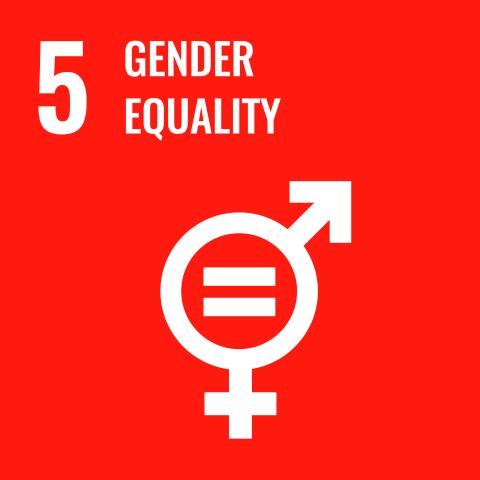
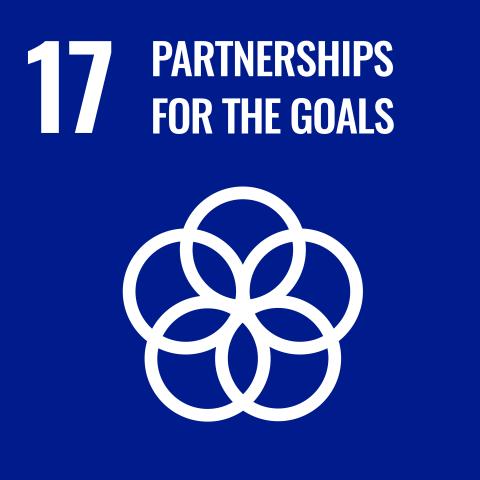
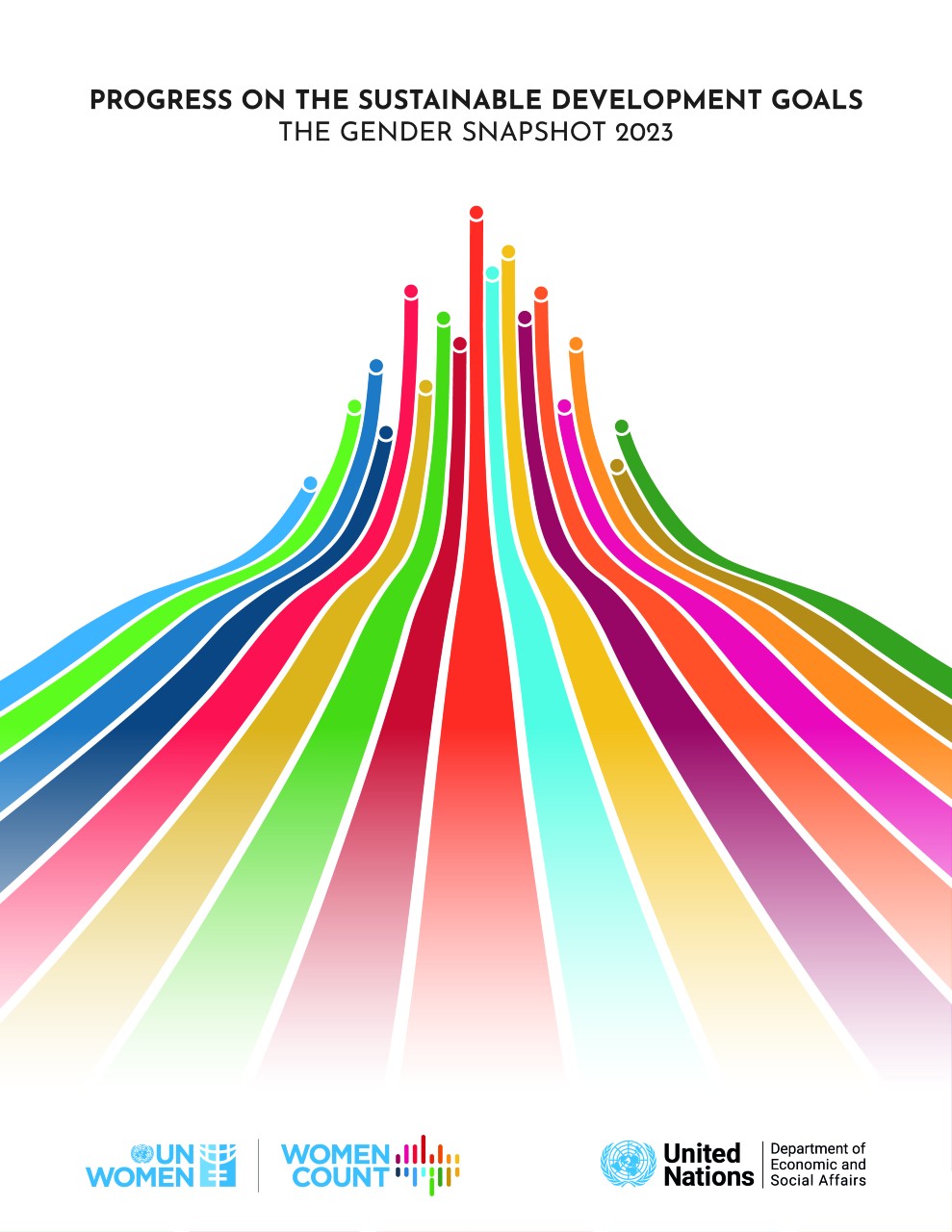
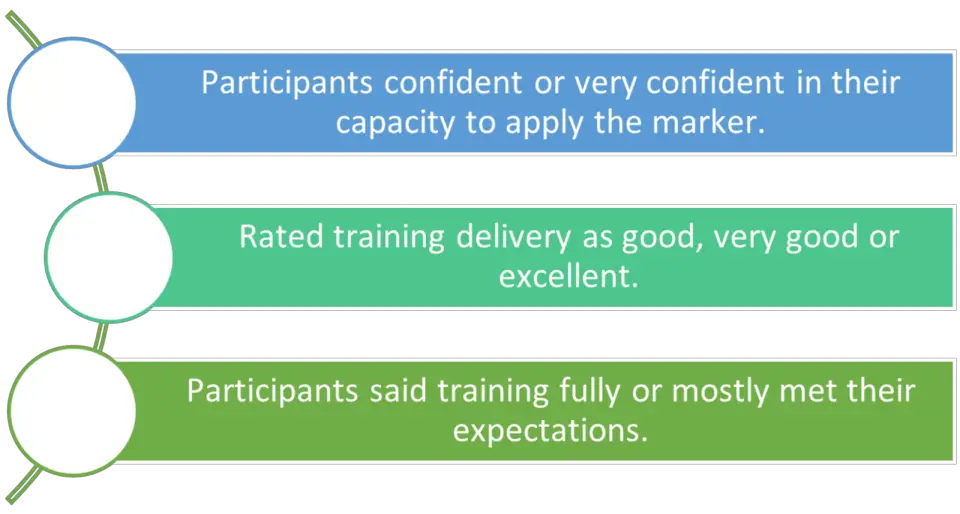
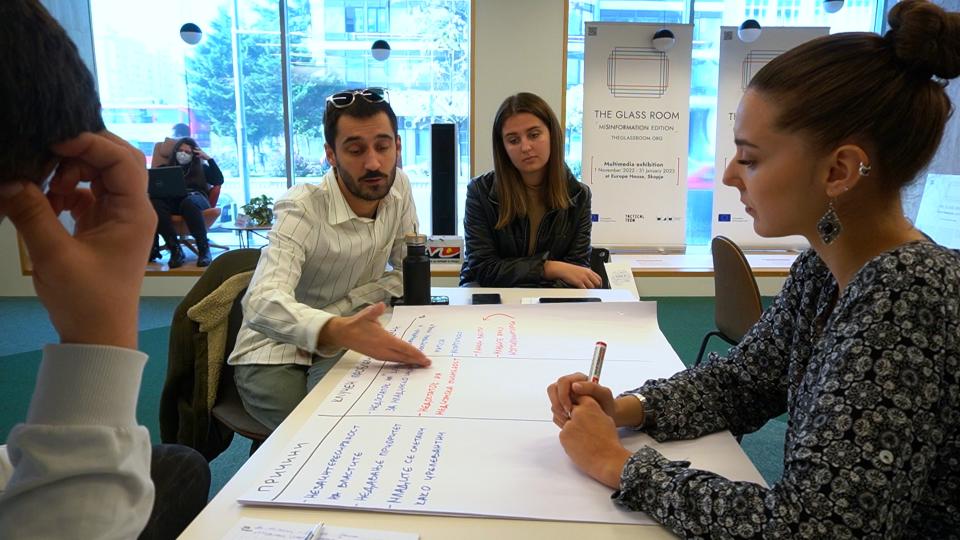
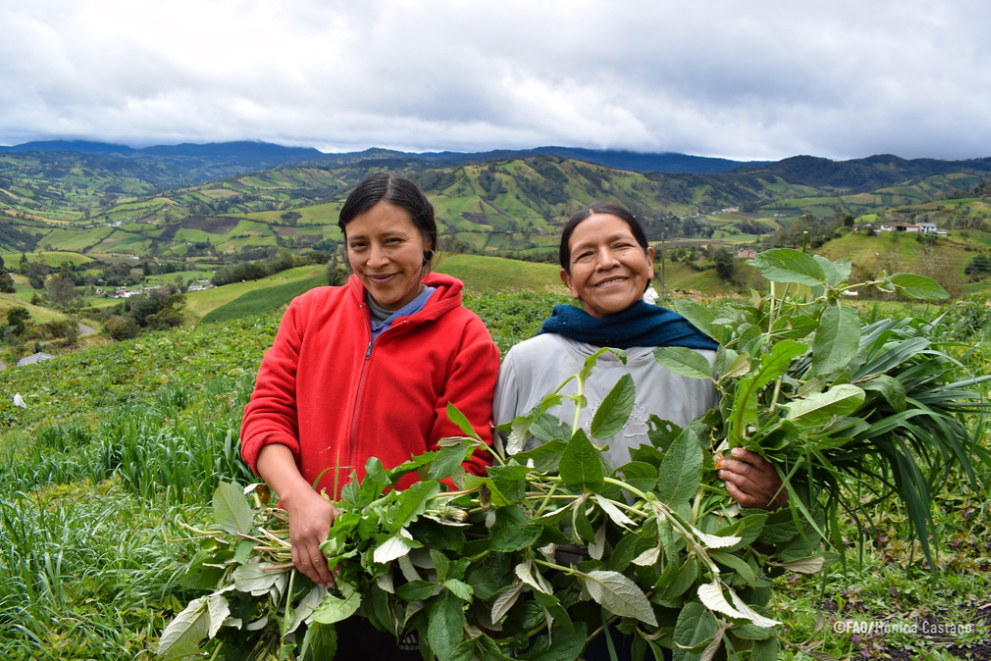
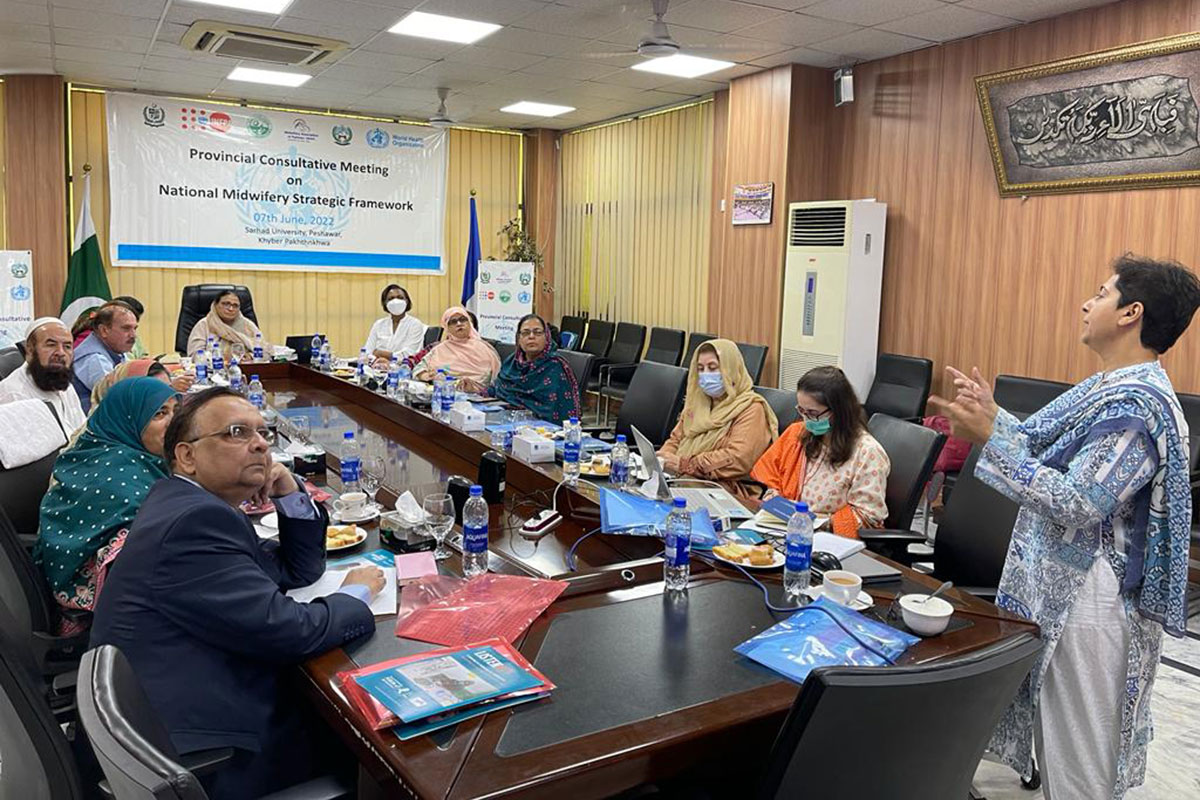
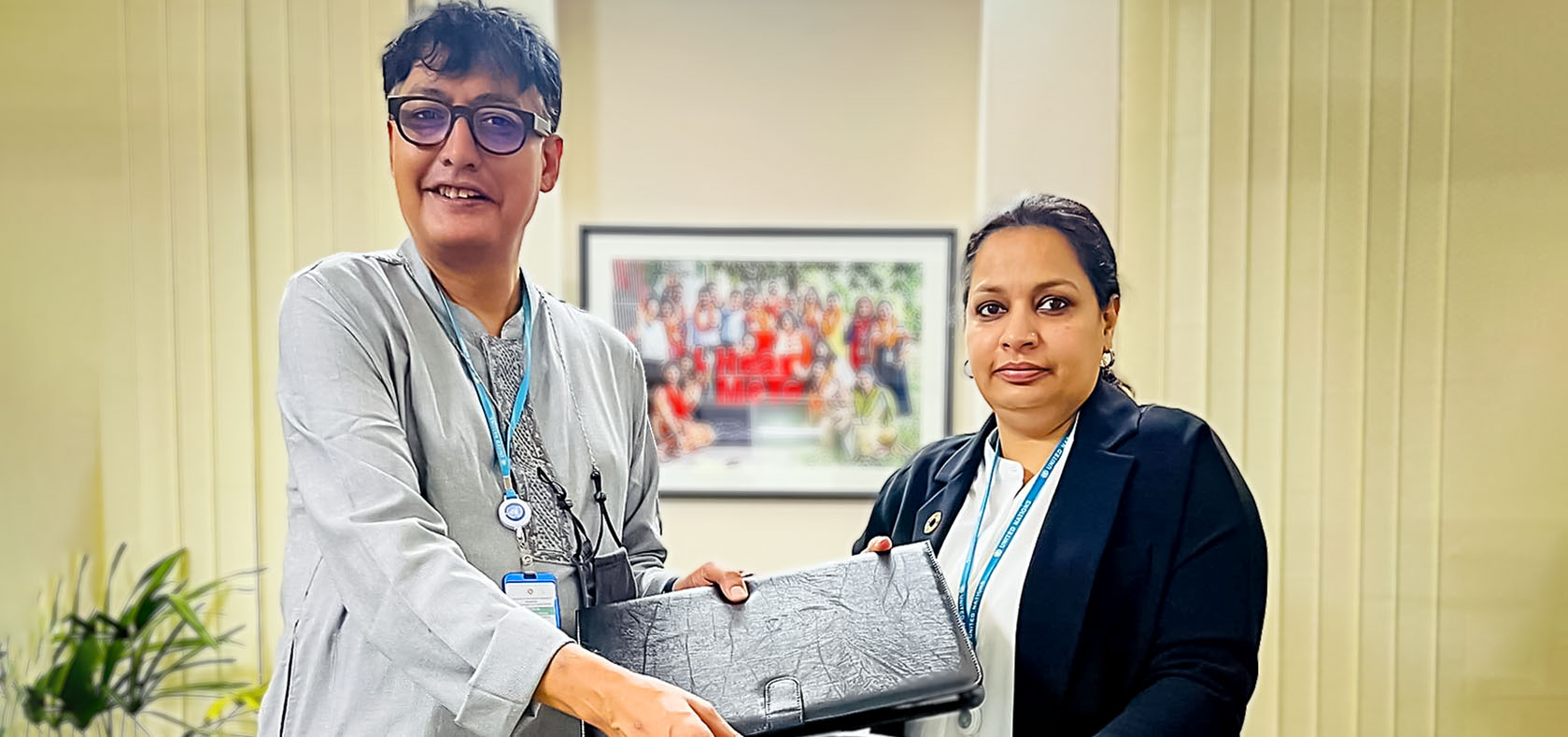
Enhancing gender parity and creating enabling environments in the UN System
UN Women plays a pivotal role in supporting the efforts across the UN System to achieve gender parity by 2028, through the implementation of the Secretary-General’s System-wide Strategy on Gender Parity.
UN Women monitors and reports on the status of gender balance within the UN System. In 2023, UN Women prepared the Secretary-General’s Report on the Improvement in the Status of Women in the UN System that assesses the status of women in the UN System. The overall representation of women across the UN increased to 47.0% in 2023 from 44.2% in 2017, when the Secretary-General's System-wide Strategy on Gender Parity was launched. Based on the report, the General Assembly resolution A/RES/78/182 was adopted, reaffirming support for accelerating efforts to achieve gender parity. Furthermore, UN Women and UNDP launched the first-ever UN System-wide Dashboard on Gender Parity in 2021 to track up-to-date gender parity data and progress across the UN System. The Dashboard consolidates data on the representation of women and men from 38 UN entities by grade, staff and non-staff, duty station, including at UN Country Team level, gender of Resident Coordinators, nationality and age group.
UN Women provided guidance and support to approximately 130 UN entities in 2023 to enhance gender parity and the creation of enabling working environments. The number of UN entities that achieved parity increased from 5 in 2017 to 27 in 2023.
UN Women leads and coordinates the UN System-wide network of over 500 Gender Focal Points. In 2023, UN-Women conducted 37 sessions for UN Gender Focal Points to strengthen their capacities to effectively enhance gender parity and the creation of inclusive working environments across the UN through implementing the Enabling Environment Guidelines and the Field-specific Enabling Environment Guidelines.
In 2023, the first-ever UN System-wide Knowledge Hub on Addressing Sexual Harassment was developed, and launched by UN-Women. Bringing together over 230 resources, support services, and best practices, the hub is available to all UN personnel, UN Member States, and the public.
Read more>
How (un)equal is our world? Latest UN report to reveal the state of gender equality globally
Halfway through the 2030 Agenda for Sustainable Development, the world is failing to achieve gender equality, making it an increasingly distant goal, according to “Progress on the Sustainable Development Goals: The gender snapshot 2023”, the latest edition in the annual series produced by UN Women and the UN Department of Economic and Social Affairs (UN DESA). Read more>
UN Albania runs gender equality marker and human rights marker training
The UN Resident Coordinator’s Office and UN Women Albania co-organized an online training on the Gender Equality Marker (GEM) and the Human Rights Marker (HRM). The overall aim of the training was to ensure that the GEM and HR Marker scoring will be accurate for the upcoming Joint Work Planning cycle, which will cover the 2024-2025 period. The training was also an important step for ensuring the accuracy of markers is instrumental for adequately score UNCT SWAP Indicator 6.1, which verifies whether adequate resources for gender mainstreaming are allocated and tracked. To exceed minimum requirements for this indicator, the UNCT must carry out a capacity-building event on the GEM along with establishing and exceeding a financial target for program allocation for gender equality and the empowerment of women. Read more>
Nurturing Safer Digital Spaces: Empowering Youth Against Hate Speech in the Western Balkans
Fake news, misinformation, and hate speech are causing significant harm to mental health, exacerbating social divisions, and eroding trust in public institutions throughout the Western Balkans. Marginalized groups, particularly women and girls, are frequently targeted by hate speech. Of particular concern is the role of social media, which has become a fertile breeding ground for disinformation. Read more>
FAO, UN Women, and UNFPA agree on a plan to advance rural women's rights in Latin America and the Caribbean
The Food and Agriculture Organization of the United Nations (FAO), UN Women, and the United Nations Population Fund (UNFPA) signed a two-year joint work plan to accelerate progress in gender equality and the empowerment of rural women in Latin America and the Caribbean.
Rural women face multiple obstacles to gaining independence and economic stability. In crises, rural women are most affected by poor access to resources, services, and information, the heavy burden of unpaid household and care work, and discriminatory traditional social norms. Read more>
Pakistan midwife training programme addresses maternal mortality
In Pakistan, 154 women die for every 100,000 live births—a high maternal mortality rate shaped by socio-economic status, barriers to healthcare access in rural areas, and limited decision-making power, especially among young women.
Evidence indicates that midwives can play a critical role in helping reduce maternal and neonatal mortality. They can also strengthen the provision of sexual and reproductive health and rights services more broadly, and there is a clear need to invest in their education, training, regulation, and working environments. Read more>
UN Women and UNDP deepen cooperation to advance gender equality and women’s empowerment in Bangladesh
UN Women has partnered with the UN Development Programme (UNDP) to boost gender equality and women’s empowerment in Bangladesh. The two agencies signed an inter-agency agreement for the period 2022-2026 to promote gender-responsive inclusive governance, social protection and disaster risk reduction, women’s economic empowerment and access to justice as well as to fight discrimination against women at all levels in Bangladesh.
“Gender equality and women's empowerment have been given special significance in the UN Sustainable Development Cooperation Framework (2022-2026) of Bangladesh. We will continue to work together with UN Women Bangladesh to achieve the set goals,” said Sudipto Mukerjee, Country Representative, UNDP Bangladesh. Read more>
Enhancing gender parity in the UN System
UN Women plays a pivotal role in supporting the efforts across the UN System to achieve gender parity by 2028, through the implementation of the Secretary-General’s System-wide Strategy on Gender Parity.
UN Women monitors and reports on the status of gender balance within the UN System. In 2023, UN Women prepared the Secretary-General’s Report on the Improvement in the Status of Women in the UN System that assesses the status of women in the UN System. The overall representation of women across the UN increased to 47.0% in 2023 from 44.2% in 2017, when the Secretary-General's System-wide Strategy on Gender Parity was launched. Based on the report, the General Assembly resolution A/RES/78/182 was adopted, reaffirming support for accelerating efforts to achieve gender parity. Furthermore, UN Women and UNDP launched the first-ever UN System-wide Dashboard on Gender Parity in 2021 to track up-to-date gender parity data and progress across the UN System. The Dashboard consolidates data on the representation of women and men from 38 UN entities by grade, staff and non-staff, duty station, including at UN Country Team level, gender of Resident Coordinators, nationality and age group.
UN Women provided guidance and support to approximately 130 UN entities in 2023 to enhance gender parity and the creation of enabling working environments. The number of UN entities that achieved parity increased from 5 in 2017 to 27 in 2023.
UN Women leads and coordinates the UN System-wide network of over 500 Gender Focal Points. In 2023, UN-Women conducted 37 sessions for UN Gender Focal Points to strengthen their capacities to effectively enhance gender parity and the creation of inclusive working environments across the UN through implementing the Enabling Environment Guidelines and the Field-specific Enabling Environment Guidelines.
In 2023, the first-ever UN System-wide Knowledge Hub on Addressing Sexual Harassment was developed, and launched by UN-Women. Bringing together over 230 resources, support services, and best practices, the hub is available to all UN personnel, UN Member States, and the public.
Read more>

Global: Gender Equality Progress Report
Halfway through the 2030 Agenda for Sustainable Development, the world is failing to achieve gender equality, making it an increasingly distant goal, according to “Progress on the Sustainable Development Goals: The gender snapshot 2023”, the latest edition in the annual series produced by UN Women and the UN Department of Economic and Social Affairs (UN DESA). Read more>

Albania: Gender equality marker training
The UN Resident Coordinator’s Office and UN Women Albania co-organized an online training on the Gender Equality Marker (GEM) and the Human Rights Marker (HRM). The overall aim of the training was to ensure that the GEM and HR Marker scoring will be accurate for the upcoming Joint Work Planning cycle, which will cover the 2024-2025 period. The training was also an important step for ensuring the accuracy of markers is instrumental for adequately score UNCT SWAP Indicator 6.1, which verifies whether adequate resources for gender mainstreaming are allocated and tracked. To exceed minimum requirements for this indicator, the UNCT must carry out a capacity-building event on the GEM along with establishing and exceeding a financial target for program allocation for gender equality and the empowerment of women. Read more>

Europe: Collaborating for safer digital spaces
Fake news, misinformation, and hate speech are causing significant harm to mental health, exacerbating social divisions, and eroding trust in public institutions throughout the Western Balkans. Marginalized groups, particularly women and girls, are frequently targeted by hate speech. Of particular concern is the role of social media, which has become a fertile breeding ground for disinformation. Read more>

Latin America and the Caribbean: Rural women's rights
The Food and Agriculture Organization of the United Nations (FAO), UN Women, and the United Nations Population Fund (UNFPA) signed a two-year joint work plan to accelerate progress in gender equality and the empowerment of rural women in Latin America and the Caribbean.
Rural women face multiple obstacles to gaining independence and economic stability. In crises, rural women are most affected by poor access to resources, services, and information, the heavy burden of unpaid household and care work, and discriminatory traditional social norms. Read more>

Pakistan: Midwife training programme
In Pakistan, 154 women die for every 100,000 live births—a high maternal mortality rate shaped by socio-economic status, barriers to healthcare access in rural areas, and limited decision-making power, especially among young women.
Evidence indicates that midwives can play a critical role in helping reduce maternal and neonatal mortality. They can also strengthen the provision of sexual and reproductive health and rights services more broadly, and there is a clear need to invest in their education, training, regulation, and working environments. Read more>

Bangladesh: UN Women and UNDP deepen cooperation
UN Women has partnered with the UN Development Programme (UNDP) to boost gender equality and women’s empowerment in Bangladesh. The two agencies signed an inter-agency agreement for the period 2022-2026 to promote gender-responsive inclusive governance, social protection and disaster risk reduction, women’s economic empowerment and access to justice as well as to fight discrimination against women at all levels in Bangladesh.
“Gender equality and women's empowerment have been given special significance in the UN Sustainable Development Cooperation Framework (2022-2026) of Bangladesh. We will continue to work together with UN Women Bangladesh to achieve the set goals,” said Sudipto Mukerjee, Country Representative, UNDP Bangladesh. Read more>
Key achievements
that developed Cooperation Frameworks in 2023 prioritized gender equality (72 per cent in 2022) with UN Women’s support
(73 in 2022) reported on the System-wide Action Plan (UN-SWAP 2.0)
reported on the UNCT-SWAP (76 in 2022) on their gender mainstreaming performance

